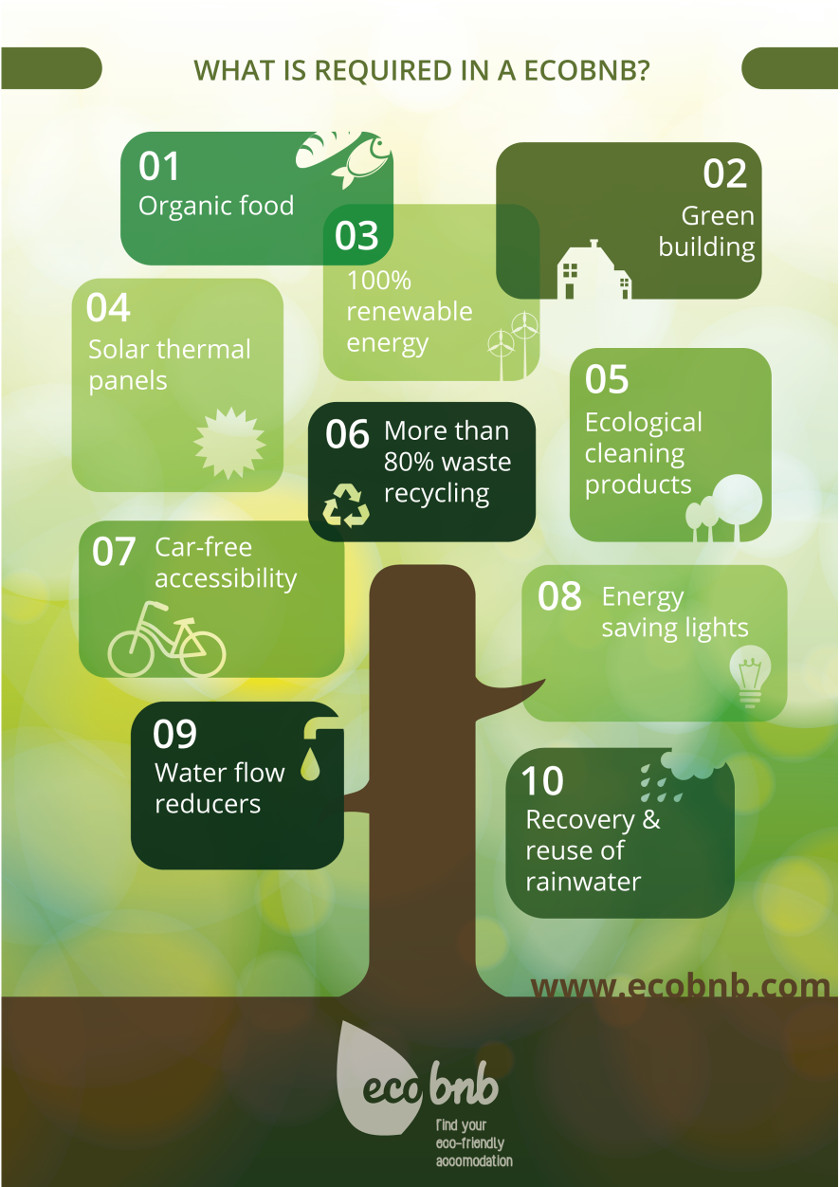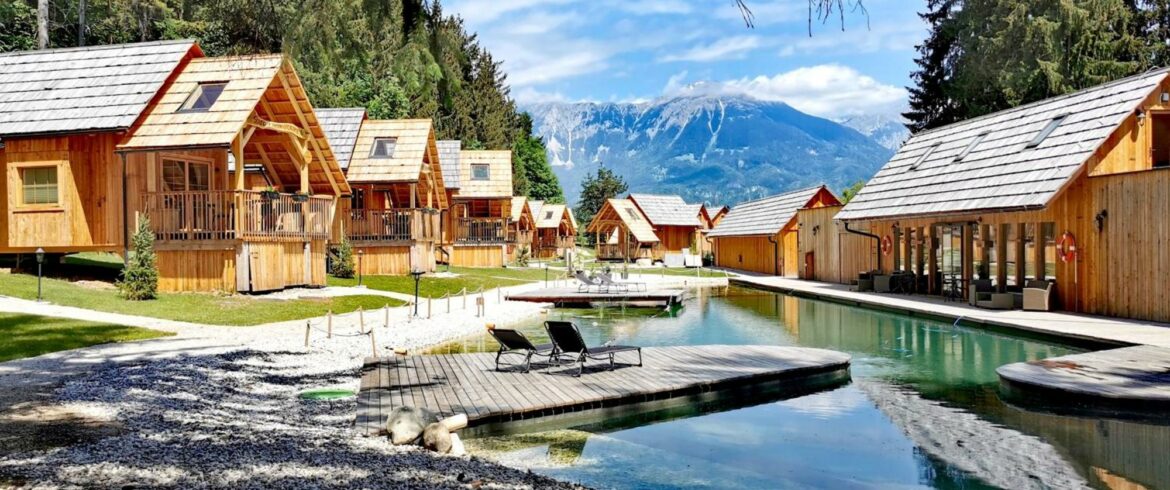Sustainable tourism has become a vital aspect of the travel industry. Modern travelers increasingly prioritize destinations that embrace environmental responsibility and conservation. Below are some of the most impactful eco-friendly practices seen in leading travel locations, demonstrating how responsible tourism contributes to a healthier planet.
Energy-Efficient Designs
One of the most effective ways to reduce energy consumption in travel destinations is by adopting energy-efficient designs. Eco-conscious accommodations such as top Sandals resorts utilize technologies such as solar panels and LED lighting to minimize their carbon footprint. Properties also integrate natural ventilation systems and green roofs, which not only conserve energy but also enhance the aesthetic appeal of the surroundings.

Water Conservation Efforts
Water scarcity remains a critical issue worldwide, making conservation efforts essential in the tourism industry. Many resorts and destinations employ rainwater harvesting systems, low-flow fixtures, and smart irrigation techniques to reduce waste. Greywater recycling, where water from sinks and showers is treated for reuse, is another innovative solution adopted by eco-friendly establishments.
Waste Management Practices
Sustainable waste management is key to maintaining the natural beauty of travel destinations. Programs aimed at reducing single-use plastics and implementing comprehensive recycling systems are now standard in many eco-friendly resorts. Composting organic waste further supports this initiative, turning waste into valuable resources for local agriculture.
Support for Local Communities
Travel destinations committed to sustainability actively engage with local communities. By sourcing food, crafts, and services locally, these locations help stimulate the economy and reduce carbon emissions associated with long-distance transport. Educational programs also empower communities to participate in conservation efforts and share their cultural heritage with visitors.

Eco-Friendly Transportation
Sustainable travel goes beyond accommodations and extends to transportation. Many destinations promote biking, walking tours, and electric shuttle buses to reduce carbon emissions. Some have implemented electric car rentals and charging stations to encourage greener choices for tourists.
Habitat Preservation
Preserving natural habitats is an essential part of eco-conscious tourism. Protected areas, such as marine reserves and national parks, ensure that local wildlife and ecosystems remain undisturbed. Partnerships with conservation organizations often support reforestation efforts and species protection, helping to maintain biodiversity within these regions.
Use of Renewable Energy
Switching to renewable energy sources is a cornerstone of eco-friendly practices. Wind, solar, and geothermal energy are increasingly powering resorts and tourist attractions. These alternatives not only reduce reliance on fossil fuels but also demonstrate a commitment to a greener future.

Environmental Awareness Programs
Educational programs play a significant role in promoting sustainability. Resorts and travel destinations often organize workshops and guided tours to teach visitors about conservation and eco-friendly practices. These initiatives encourage travelers to adopt greener habits, both during their trips and when they return home.
- Incorporation of renewable materials in construction.
- Programs to eliminate single-use plastics in resorts.
- Use of locally sourced organic food in restaurants.
- Initiatives promoting energy and water savings for guests.
- Partnerships with local wildlife conservation organizations.
Choosing Sustainable Stays
Selecting eco-conscious accommodations is an effective way for travelers to contribute to sustainability. Look for properties with certifications from recognized green organizations, such as LEED or Green Globe. Accommodations that clearly outline their environmental initiatives, from water-saving systems to community outreach programs, reflect their commitment to sustainable tourism.

Sustainability in modern travel is not just a trend but a necessity. The eco-friendly practices embraced by many accommodations serve as a model for responsible tourism. From conserving water and energy to supporting local communities, these initiatives ensure that the natural beauty and resources of travel locations remain preserved for future generations.
Cover image: Ribno eco-friendly Resort in Slovenia
